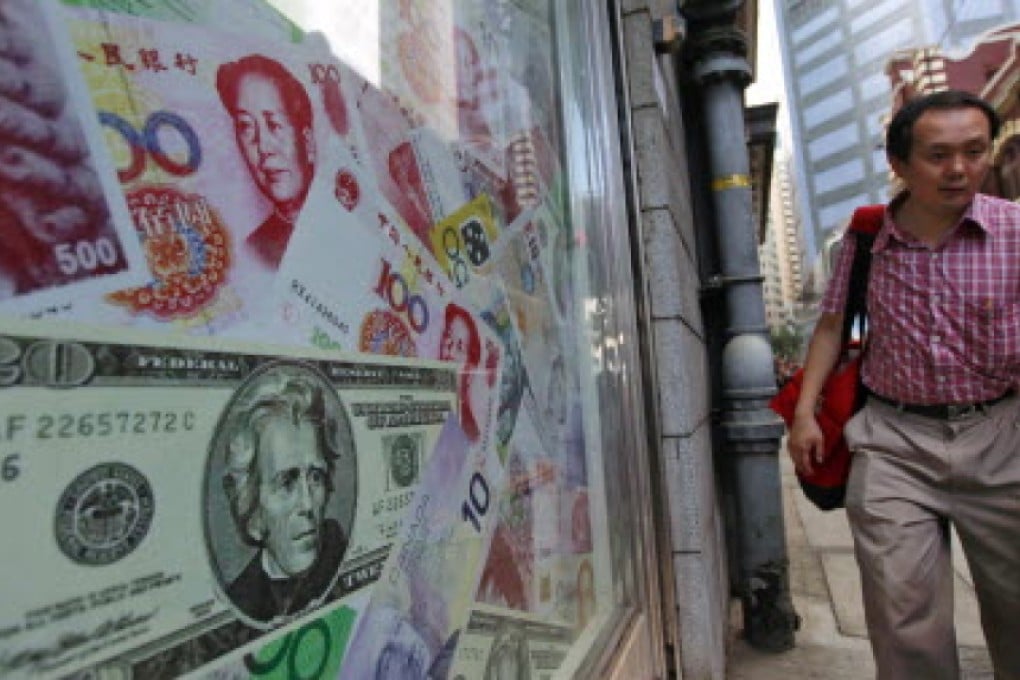New | How others view China's move to devalue the renminbi
Beijing's move to change the mechanism for setting the yuan's daily reference rate "appears a welcome step" as it should allow market forces to play a greater role in determining the exchange rate, the IMF said yesterday.

Beijing's move to change the mechanism for setting the yuan's daily reference rate "appears a welcome step" as it should allow market forces to play a greater role in determining the exchange rate, the IMF said yesterday.
"Greater exchange rate flexibility is important for China as it strives to give market forces a decisive role in the economy and is rapidly integrating into global financial markets," the International Monetary Fund said.
"We believe China can, and should, aim to achieve an effectively floating exchange rate system within two to three years."
Referring to its consideration of whether to include the yuan in its Special Drawing Rights basket of reserve currencies, the IMF said: "The announced change has no direct implications for the criteria used in determining the composition of the basket.
"Nevertheless, a more market-determined exchange rate would facilitate SDR operations [if] the renminbi were included."